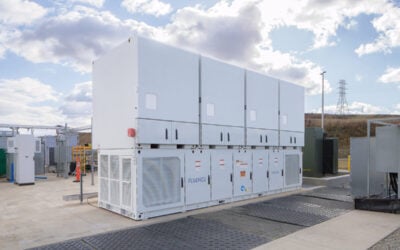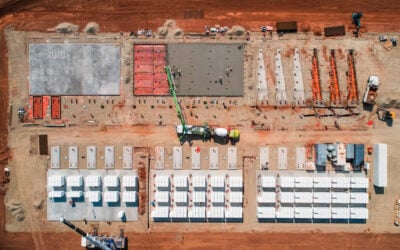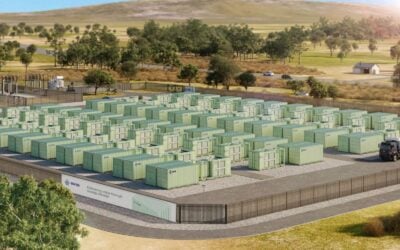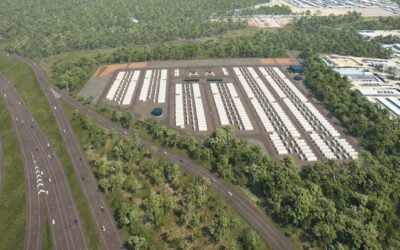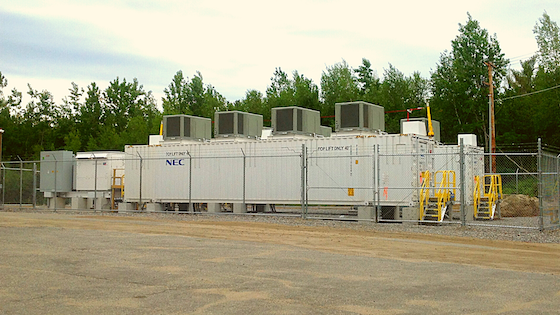
The Maine Governor’s Energy Office (GEO) recommended that the Maine Public Utilities Commission procure up to 200MW of energy storage in the state.
Announced 23 December, the Maine Legislature directed the GEO to submit the recommendation to the commission to increase grid resilience, lower electricity costs, maximise federal incentives and advance the state’s goal of deploying 400MW of energy storage projects by 2030.
The recommendation was given after the GEO conducted what the office called an ‘extensive public engagement.’ This included a Request for Information (RFI) and an Opportunity for Comment on draft recommendations. The office received 18 responses to the RFI and 13 for the Opportunity to Comment from various stakeholders.
The office’s engagement and research found that procuring these energy storage projects for the state could save typical electric ratepayers “US$1.50-US$1.77 per month on average over the first ten years of the programme.”
Try Premium for just $1
- Full premium access for the first month at only $1
- Converts to an annual rate after 30 days unless cancelled
- Cancel anytime during the trial period
Premium Benefits
- Expert industry analysis and interviews
- Digital access to PV Tech Power journal
- Exclusive event discounts
Or get the full Premium subscription right away
Or continue reading this article for free
Dan Burgess, director of the GEO said of the procurement recommendation: “Energy storage is an essential tool that will help us build the grid of the future while stabilising energy costs for Maine households and businesses.”
“As we continue to diversify Maine’s energy resources to reduce our reliance on expensive, out-of-state fossil fuels, improved energy storage capacity will allow for flexible management of those resources and deliver affordable, reliable, clean energy for Maine people.”
Currently, Maine has 63MW of grid-connected energy storage capacity. In August 2024, the Department of Energy (DOE) invested US$147 million for an 8.5GWh ‘multi-day’ battery energy storage system (BESS) project hosted at a disused paper mill in Maine.
In May 2023, Energy-Storage.news covered the news that Maine Senators were considering legislation to accelerate energy storage development in the state. At the time, the state had a target of deploying 300MW of storage by 2025.
Procuring energy storage will also help with the state’s goal of achieving 100% clean electricity by 2040. Maine has already reduced greenhouse gas emissions by 30% and is nearing the goal of reducing emissions by 45% by 2030.
Maine is covered by the Independent System Operator ISO-NE, which also covers Connecticut, Massachusetts, New Hampshire, Rhode Island and Vermont. Typically, ISO-NE states see smaller-scale projects than those in ERCOT or CAISO.
In June 2024, utility-scale battery storage developer Jupiter Power unveiled plans to construct a 700MW standalone BESS in Everett, Massachusetts. In August, BESS integrator EVLO Energy deployed and commissioned a 3MW/12MWH BESS in Troy, Vermont, for utility Vermont Electric Cooperative.
Maine also has a 175MW, 2-hour project in Gorham that is still under construction.

